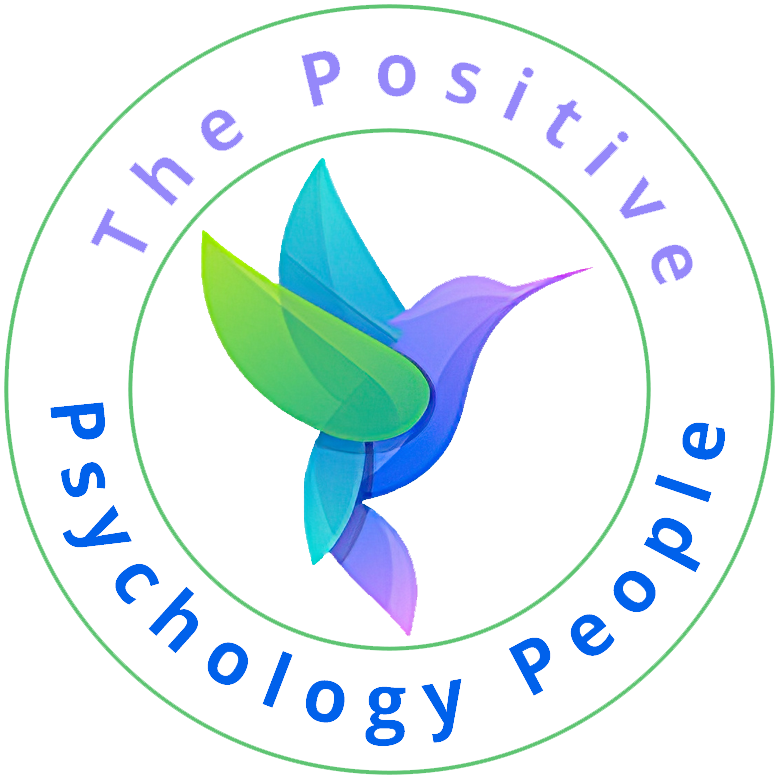Authenticity, like many important concepts, often gets oversimplified. Our desire for quick, easy solutions has given it a bit of a bad rep, but being authentic doesn’t mean you have to be yourself at all costs.
Being authentic is about knowing who you are, what’s important to you and what you stand for. Then, choosing how you show up in the world. The important word here is ‘choice’.
As Walt Whitman pointed out, we contain multitudes. We are complex, and we can decide what to bring to the fore on particular occasions.
What Is Authenticity?
We get to know our authentic self by,
- discovering our values
- understanding what gives us meaning, and
- recognising who we are when we are being our best selves.
Authenticity helps us understand why we behave in certain ways and why we believe the things we do. It isn’t ego. Ego is more about what we project, the façade, not the reality of who we are.
It can be difficult to distinguish the two, though. Sometimes what we call our authentic self is just another distortion. One we aren’t yet self-aware enough to recognise!
Keeping a clear and consistent sense of self is especially hard when we are young. We are still working things out. There might be conflicts between our authentic self and our culture, family, schools or workplaces. We may not be aware of this conflict only of the discomfort it causes us.
Authenticity Is Multi Layered
Who we are and how we fit in the world isn’t always clear-cut. We are many things to many people. How we behave adjusts as we shift between our many selves: a parent, a friend, a partner, a colleague, a son or daughter.
We show up in different roles, in different environments, adapting to the situation, tailoring ourselves to the context. It’s a bit of a skill.
When thinking about how much authenticity to bring to any given situation, consider this –
- Is it appropriate, e.g. if you work in a public-facing role
- Is it necessary – it can be enough to know your own stance, without sharing it.
- Is it safe?
It’s a balance that requires taking responsibility for who we are, and at times courage – to choose to be or not to be – authentic.
Authenticity And Others
Being mindful of others doesn’t mean we have to ditch our authenticity. We can modify ourselves whilst remaining authentic when it’s a conscious decision. Think of it as bringing a particular facet of yourself to the fore. It doesn’t mean you are being ingenuous, only adapting to the context, pulling back the louder, quieter, shyer, playful, impulsive, gregarious, boisterous aspects of the self, as appropriate.
Recognising the difference between this and when we are changing ourselves to hide or blend in is key.
If the values of our workplace, friendship group or culture don’t align with us, we might find we are masking on a regular basis. There is an incongruence between who we are and who we are expected to be, and we need to be mindful of the cost of that to our confidence and sense of identity.
Authenticity And Wellbeing
Authenticity has been shown to relate positively to our well-being, psychological health, better relationships, lower rates of depression and increased confidence.
Knowing who we are gives us access to our inner guidance and provides us with a consistent sense of self. It helps us understand ourselves. We can decipher our true motives when we act in certain ways. It encourages us to behave in accordance with our core identity rather than following the herd. It helps us to recognise our feelings, trust our judgement, and identify our preferences. All great information.
Is It Still Healthy If We Are A Bit Different?
What if being yourself means you stand out more? That can feel really uncomfortable at times. We can face a conflict between wanting to belong and wanting to be ourselves. And both these things are important to wellbeing.
Research1 suggests that finding your tribe is the answer – the places and people where you can be you! You don’t have to be fully authentic in every setting for your well-being, but being able to be authentic in some places is crucial, especially in our closest relationships.
How Can We Become More Authentic?
What if you’re not sure who your ‘real self’ is? A good starting point is to become more aware of your values. When you know these, it’s easier to spot when your choices, actions or behaviours are in conflict with your core self.
There is a quick exercise to help you uncover your key values. Get in touch if you’d like me to email you details. Otherwise, talk to a friend or mentor about the things that are important to you. You will find that people brighten and lighten when they talk about things that inspire them.
Think about what gives you meaning in life. If you hit a blank, then consider a person you admire. What did they do or achieve that inspired you?
Try journaling to develop self-awareness. Visualise a future you, living in alignment with your authentic self. Use prompts to flesh out this vision: where are you working, who with, how do you feel?
Get Comfortable Being Uncomfortable
Authentic happiness comes from living an authentic life. It isn’t always easy. It may call on us to confront some inner beliefs that perhaps were never our own. It might need us to change, and that can be uncomfortable. But it will be worth it! Once we get to know our authentic self, it is hard to stop it from pushing outwards and starting to shine.
References
- Mengers, Abigail A., “The Benefits of Being Yourself: An Examination of Authenticity, Uniqueness, and Well-Being” (2014).Master of Applied Positive Psychology (MAPP) Capstone Projects. 63. http://repository.upenn.edu/mapp_capstone/63
Listen To The Audio Version

